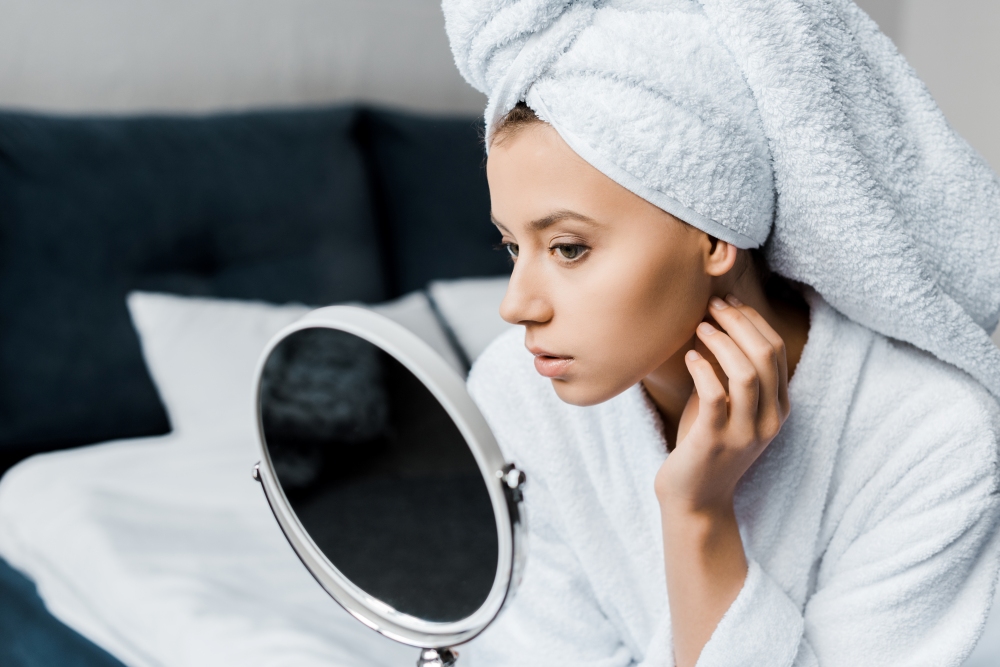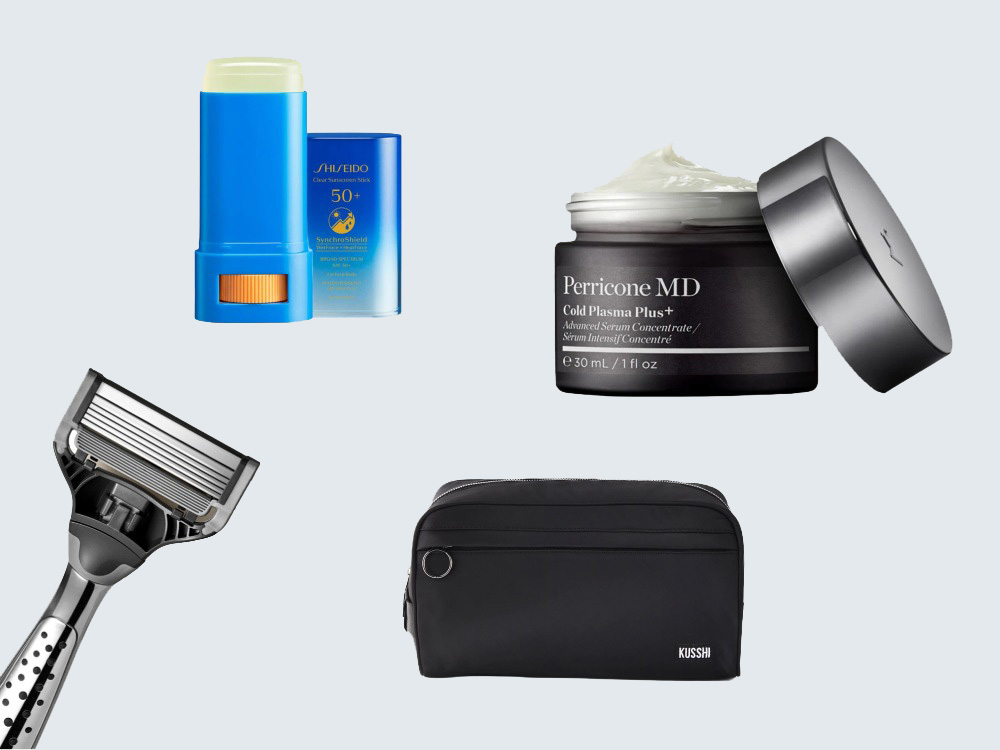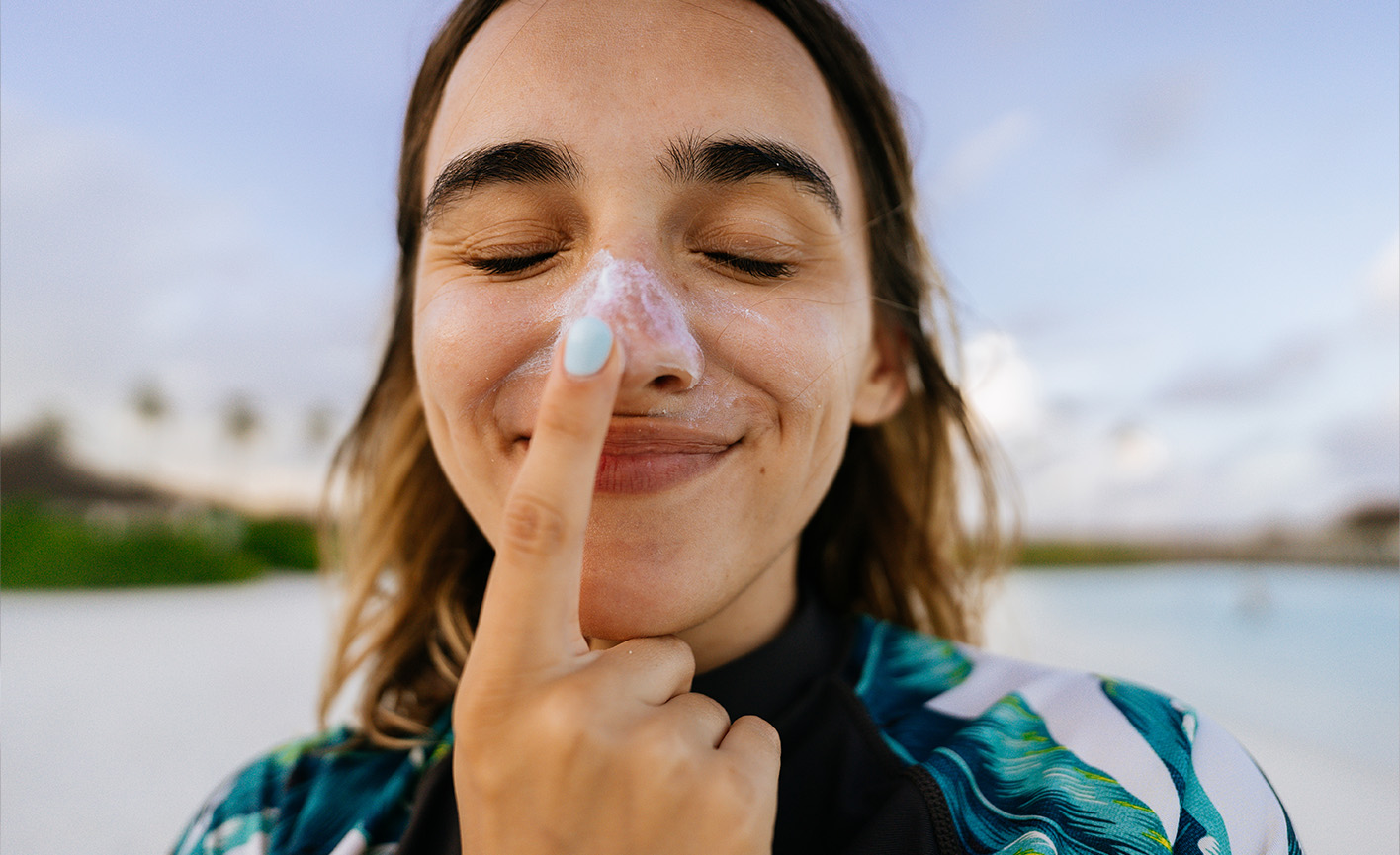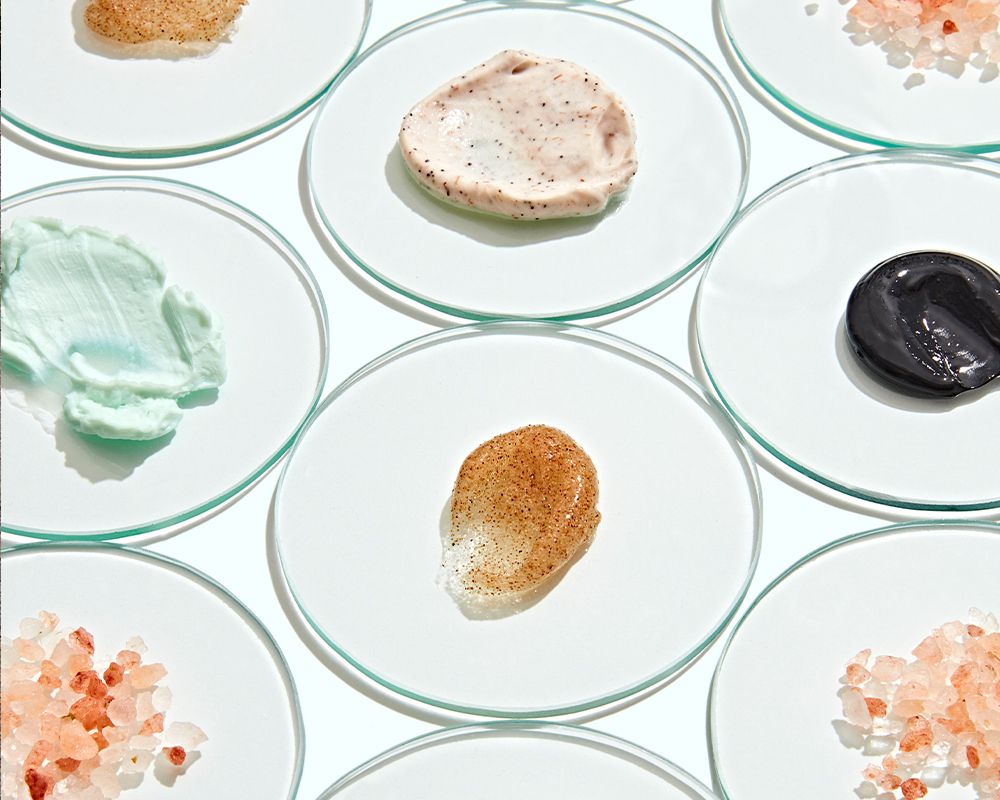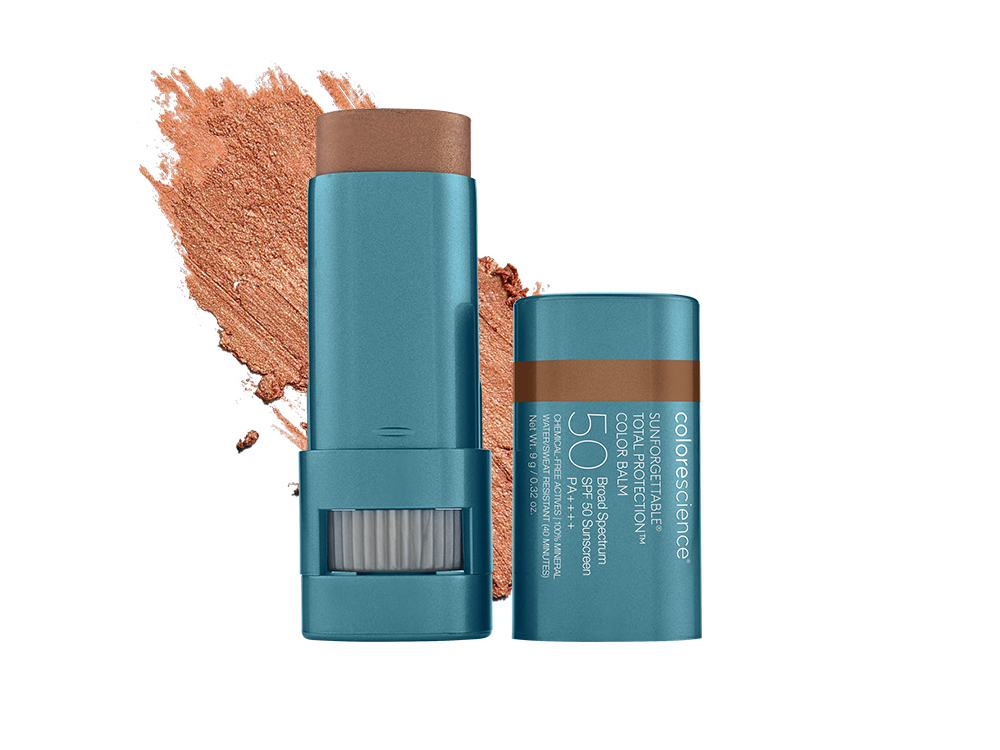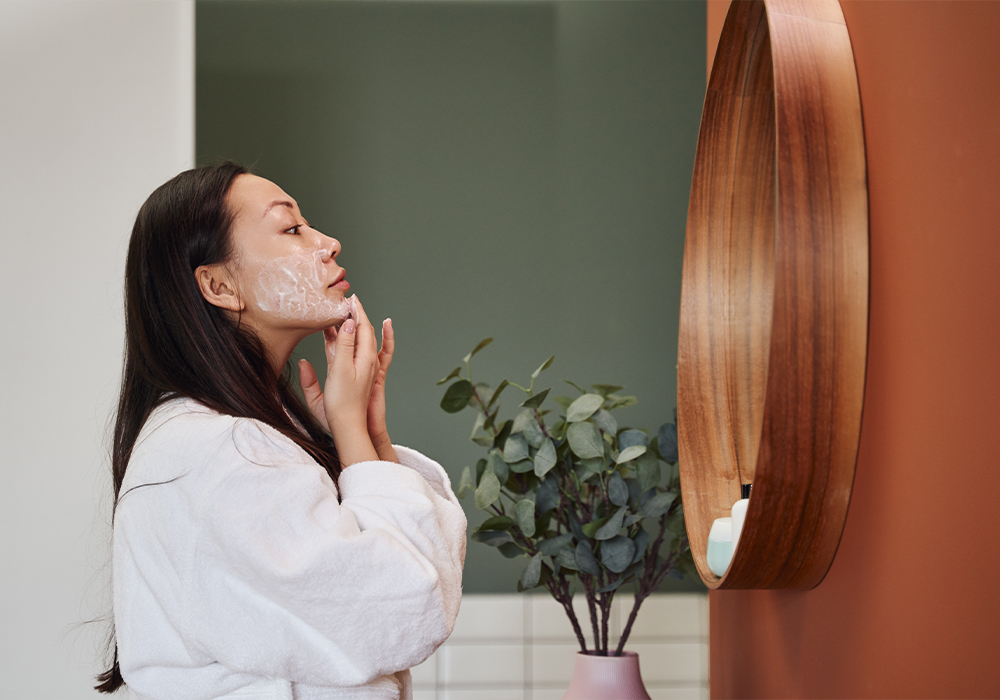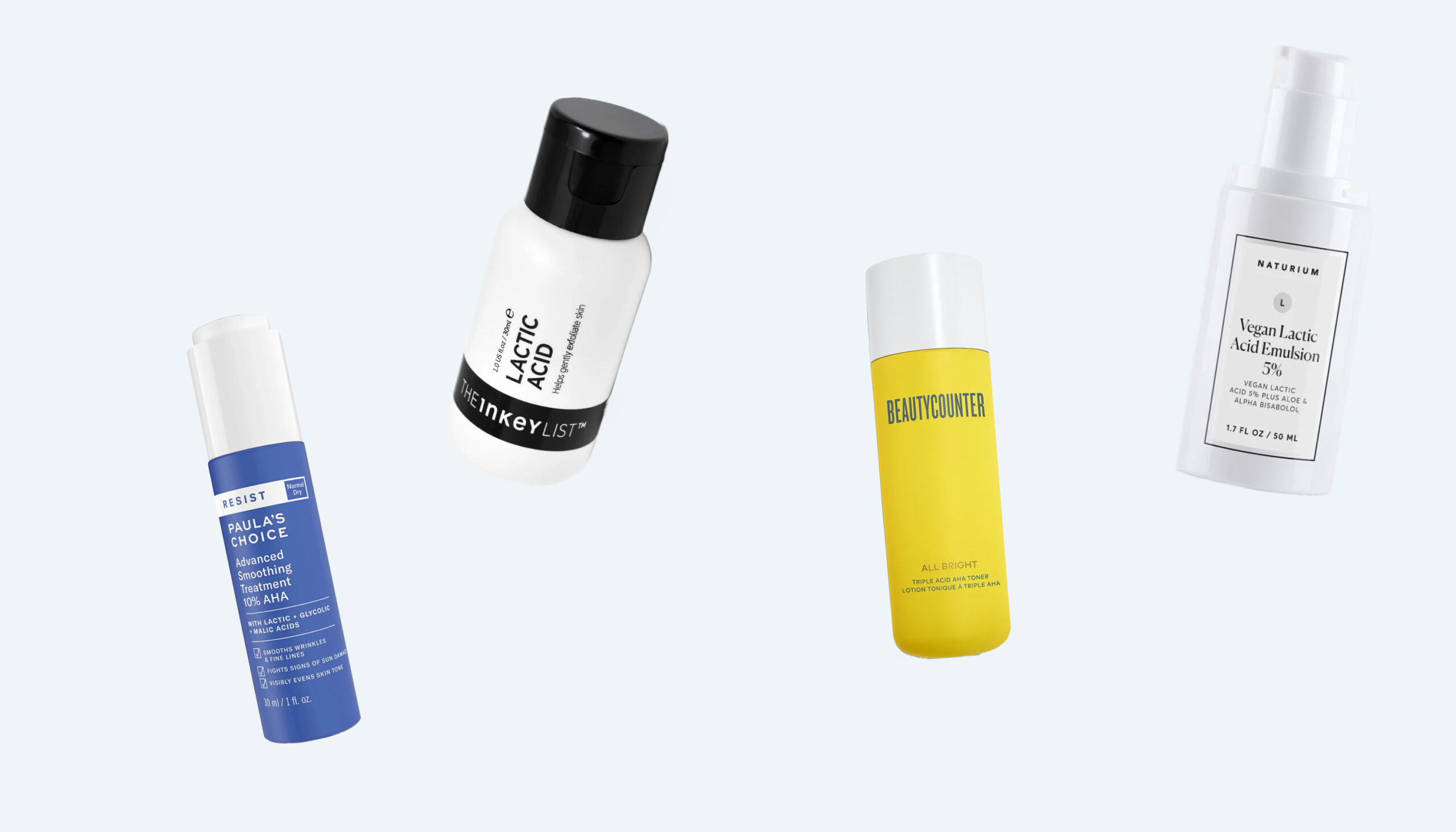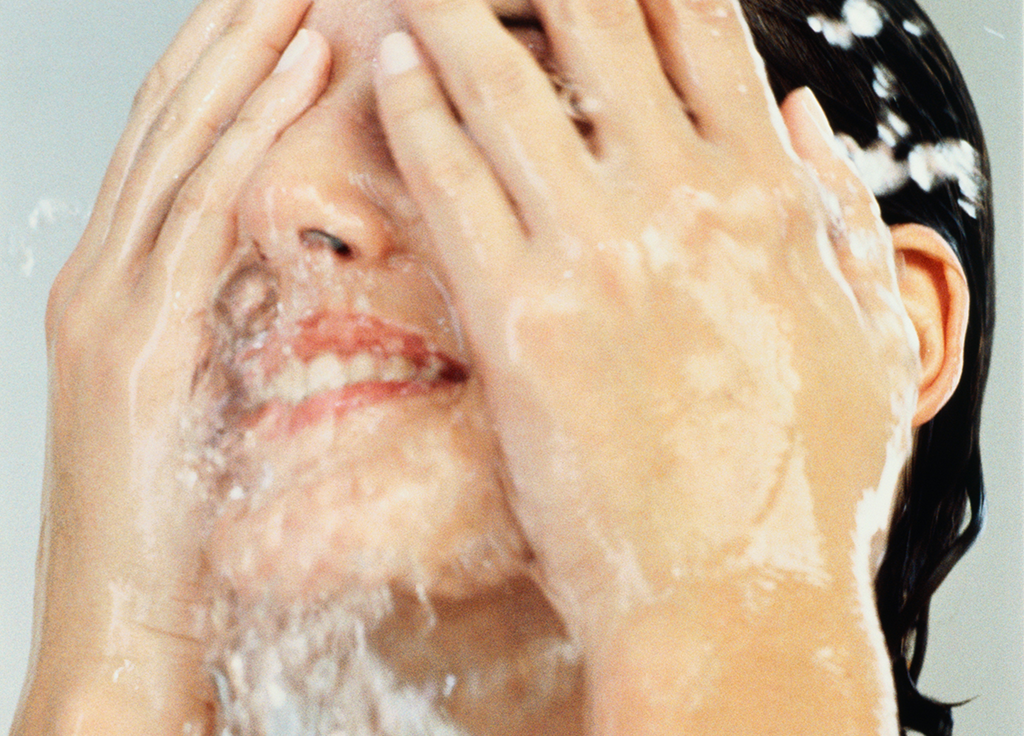West Palm Beach, FL Kenneth Beer, MD is getting a lot of questions right now from patients—most of which, fortunately, he’s able to help answer from home via his iPad.
“A lot of people are experiencing stress-related flare-ups of acne, psoriasis, eczema and rosacea during all of this,” he says. “Other people just have questions about something medical and it seems like their dermatologist is someone they are comfortable speaking with.”
Washington, D.C. dermatologist Sarika Snell, MD is also seeing an uptick in similar inflammatory-condition inquiries from patients, all of which she is helping manage through the magic of Skype.
“We are seeing an activation of a lot of skin concerns due to the stress and anxiety that the pandemic is causing,” she says. “More specifically, we are seeing shingles, acne, psoriasis, and other autoimmune conditions flare during this time.”
Considering everything that is going on, it’s no surprise: The American Academy of Dermatology categorizes stress as “a common trigger” for eczema and psoriasis, as well as contributing to hives. Research also shows our bodies produce more androgens—the hormones responsible for stimulating the oil glands and hair follicles in the skin—during times of stress, which, ultimately, makes for a formula that can lead to acne.
“As we all know, there is a mind-body connection,” says San Antonio dermatologist Vivian Bucay, MD, whose own daughters, ages 25, 27 and 29, are currently with her at home and she is “witnessing the effects of stress on their complexions.”
A pleasant surprise of all of this has been how efficient and effective these telemedicine appointments can be, because there are none of the usual interruptions or distractions that can impact in-office visits.
Dr. Bucay
In addition to offering them her expertise, she is doing telemedicine visits with her established patients through FaceTime (she saw nine acne consults this morning and one patient just scheduled for a psoriasis appointment).
“A pleasant surprise of all of this has been how efficient and effective these telemedicine appointments can be, because there are none of the usual interruptions or distractions that can impact in-office visits,” Dr. Bucay says.
Besides stress, New York dermatologist Marisa Garshick, MD sees one other minor, completely expected happening of late: People being thrown off their regular skin-care schedule.
“Right now, it is easy to fall out of a routine and this certainly pertains to skin care,” she says. “Despite it being a stressful time, I recommend patients do their best to try to stick with their normal regimen, whether it’s for breakouts or skin rashes. We recognize that this can be an issue for people and have virtual visits set up through our office through which we can evaluate and determine the best way to proceed.”
And as far as those ever-increasing virtual visits go, Dr. Beer says that, sometimes, the patient doesn’t even have an issue.
“But there’s nothing wrong with wanting to discuss skin care right now to take our minds off other matters.”
